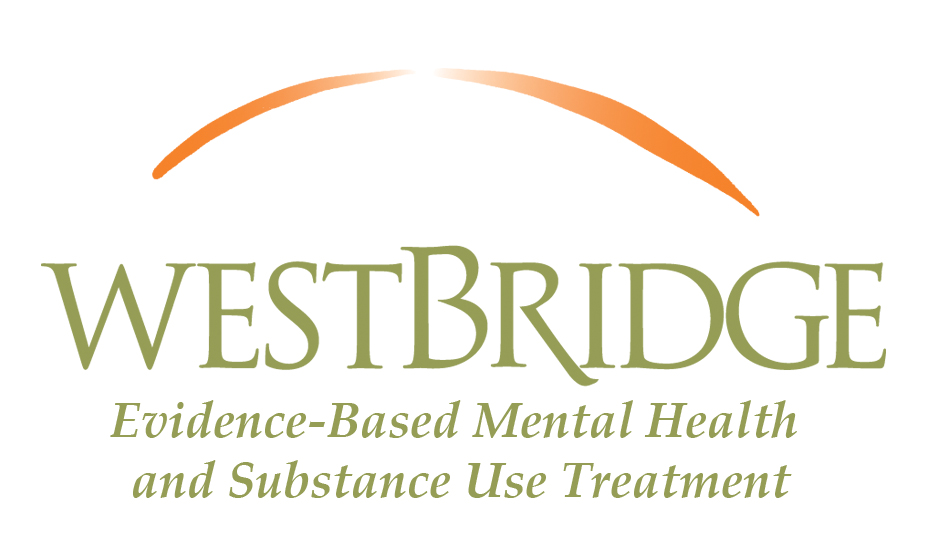The Evidence Based Integrated
Placement and Support (IPS) Model
 WestBridge provides behind the scenes and side by side support to our participants via supported employment. Our model centers on IPS, one of many evidence-based practices we incorporate into our treatment. IPS was co-developed by Robert Drake, MD, PhD and Deborah Becker, MEd, CRC, and is effective for people experiencing serious mental illness, including those with schizophrenia spectrum disorder, bipolar disorders, and depression. Individuals with co-occurring substance use disorders can also benefit.
WestBridge provides behind the scenes and side by side support to our participants via supported employment. Our model centers on IPS, one of many evidence-based practices we incorporate into our treatment. IPS was co-developed by Robert Drake, MD, PhD and Deborah Becker, MEd, CRC, and is effective for people experiencing serious mental illness, including those with schizophrenia spectrum disorder, bipolar disorders, and depression. Individuals with co-occurring substance use disorders can also benefit.
Competitive Employment:
Consistent with WestBridge’s community integration model, IPS focuses on helping participants find and maintain positions in the open job market, paying at least minimum wage, rather than sheltered workshops or other segregated settings. This is consistent with our community integration model.
Systematic Job Development
Our supported employment specialist visits and maintains relationships with employers, identified based on participant interests, goals and needs, and learns about their business, hiring needs and preferences.
Rapid Job Search:
IPS emphasizes a quick and efficient job search process, aiming to connect participants with employment within a short timeframe, based on their preferences.
Integrated Services:
IPS and supported education are integrated into our treatment model and team, recognizing that employment is an important part of recovery as work can bring a sense of purpose and mastery to life, in addition to its economic benefits.
Benefits Planning
We help participants obtain information about and access to government benefits as needed.
Zero Exclusion:
Participants are not excluded based on readiness, diagnosis, symptoms, substance use or psychiatric history, level of disability or legal history.
Time-Unlimited Support:
When our participants engage in IPS, we provide ongoing support for both the employee and the employer, ensuring that individuals can maintain their jobs and employers are equipped to support their employees.
Worker Preferences:
Services are based on the participant’s interests, goals and decisions instead of the supported employment specialist’s preferences.
Benefits of IPS:
The benefits of IPS include:
Increased Employment Rates, Independence and Self-Sufficiency:
IPS has been demonstrated to increase employment rates for individuals with mental health conditions with or without substance use histories. This can increase independence and self-sufficiency.
Improved Quality of Life:
Work can be a place find meaning and satisfaction. Employment can also lead to improved physical health, mental wellbeing, as well as increased self-esteem, sense of purpose and life satisfaction.
Positive Community Impact:
When people with behavioral health conditions are employed, they help to contribute to the economy, strengthening their communities. Integration into the workplace can also decrease stigma.
